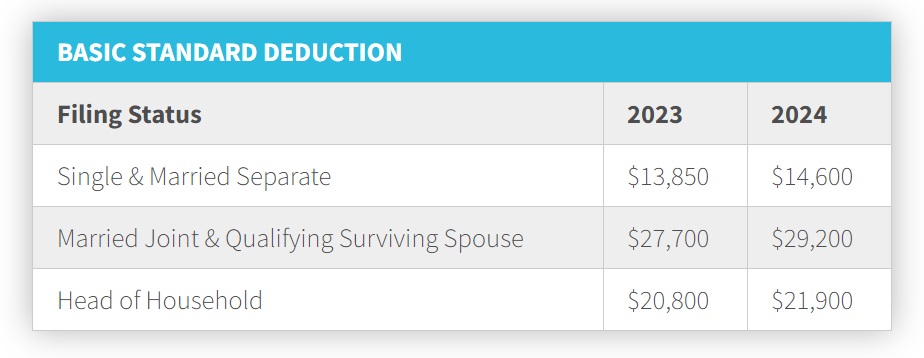Struggling with addiction is a difficult journey, both for the individual and their loved ones. Fortunately, there is help available, and the financial burden of treatment can be lessened by potential tax deductions. This article explores how addiction treatment qualifies as a medical expense and what costs you might be able to deduct when you file your taxes.
Addiction Treatment as a Medical Expense
The good news is that the Internal Revenue Service (IRS) recognizes addiction as a medical condition. This means that many of the costs associated with treatment can be deducted on your tax return, helping to offset the financial strain. Here’s a breakdown of what qualifies as a deductible expense:
- Doctors: Fees associated with consultations and treatment from qualified medical professionals.
- Prescribed Medications: Costs of medications prescribed by your doctor to aid in your recovery.
- Laboratory Testing: Expenses for any lab tests your doctor deems necessary for diagnosis or treatment.
- Psychological Services: Sessions with therapists or counselors who provide addiction treatment.
- Treatment Programs: Costs associated with outpatient or inpatient treatment programs at qualified facilities.
- Inpatient Treatment: In addition to program fees, the cost of meals and lodging provided by the treatment center can be included. Counseling: Individual or group counseling sessions focused on addiction recovery.
- Behavioral Therapies: Costs of behavioral therapies like cognitive behavioral therapy (CBT) used in addiction treatment.
Qualifying Dependents: If you’re paying for the treatment of a spouse or dependent, they must have been your dependent at the time the services were rendered or when the expenses were paid. There’s also a provision for “medical dependents” who might not meet the traditional dependent requirements. To qualify as a medical dependent for tax purposes, three criteria must be met:
- Household Residency: The individual must have lived with you for the entire year (with exceptions for temporary medical absences) or be a close relative.
- Citizenship/Residency: The individual must be a U.S. citizen or resident, or a resident of Canada or Mexico for part of the year your tax year began.
- Financial Support: You must have provided over half of their total support for the calendar year.
If these requirements are met, you can deduct their medical expenses even if they don’t qualify as a traditional tax dependent. This is particularly helpful for situations where adult children are battling addiction.
Divorced Parents: If you’re divorced and share custody of a child who requires addiction treatment, both parents might be able to deduct their portion of the medical expenses, assuming they qualify for the dependent deduction. However, limitations (discussed below) might apply.
Understanding the Limitations
There are a few key points to remember when considering medical expense deductions for addiction treatment:
- Threshold: Medical expenses are only deductible to the extent that they exceed 7.5% of your Adjusted Gross Income (AGI). In simpler terms, only the portion of your medical expenses that goes above 7.5% of your income can be deducted.
- Standard Deduction: If the total of all your itemized deductions, including medical expenses, is less than the standard deduction amount for your filing status, itemizing won’t provide any tax benefit. So, it’s important to compare your potential medical expense deductions with the standard deduction to see if itemizing makes sense.
The standard deduction amounts are adjusted annually, so be sure to consult the latest IRS guidelines for your filing year. For reference, here’s a glimpse into the standard deduction amounts for 2023 and 2024:

Additional Considerations: If you’re 65 or older or blind (and your spouse is as well, if filing jointly), you’re entitled to an additional standard deduction amount.
Remember, tax laws can be intricate, and this article provides a general overview. If you have any questions or require assistance in maximizing your tax benefits with medical expense deductions, consulting with a qualified tax advisor is highly recommended.
By understanding your options and keeping these points in mind, you can navigate the tax implications of addiction treatment and potentially receive valuable financial relief during this challenging time. Focus on your recovery, and know that there may be financial resources available to help ease the burden. Remember, you are not alone in this journey.
JS Morlu LLC is a top-tier accounting firm based in Woodbridge, Virginia, with a team of highly experienced and qualified CPAs and business advisors. We are dedicated to providing comprehensive accounting, tax, and business advisory services to clients throughout the Washington, D.C. Metro Area and the surrounding regions. With over a decade of experience, we have cultivated a deep understanding of our clients’ needs and aspirations. We recognize that our clients seek more than just value-added accounting services; they seek a trusted partner who can guide them towards achieving their business goals and personal financial well-being.
Talk to us || What our clients says about us


